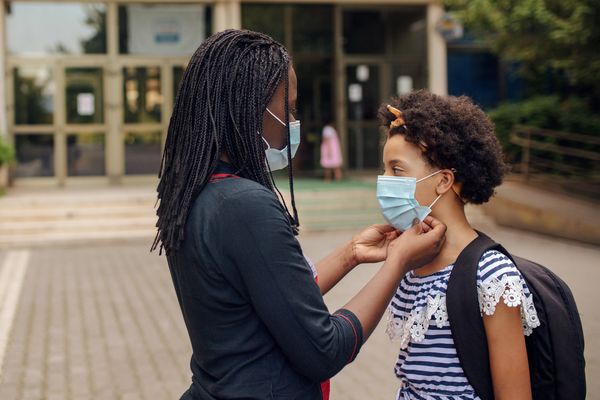Part of being a good parent to your internationally adopted son or daughter is knowing the risks and complications they may face as a result of being from a developing country. Some children who come from countries without standardized prenatal care for mothers may have issues and will require a number of screening tests and evaluations, which your health care provider has likely already explained.
Most of the children who experience developmental delays upon arriving in the United States are able to catch up to their peers relatively quickly when given the proper resources and care. As such, it's a good idea for you to know about childhood milestones, as well as when to suspect something is awry.
Below are some general guidelines for children 6 months, 1 year and 2 years old. Your pediatrician can give you a more thorough idea of what your baby should be experiencing.
At about 6 months of age, your child should begin to show acknowledgment of familiar faces and have fun playing with you, your partner and other babies. They may also start to display emotions and become enthralled with their own reflection in the mirror. Your son or daughter may also be making sounds at this age, stringing together vowels and other general baby babble. If your child seems overly stiff or floppy, you may want to discuss this with a health care provider.
Your 1-year-old should show an interest in playing—namely, exploring, shaking objects, throwing, finding hidden things and placing toys in and out of containers. Your son or daughter should also be crawling, standing when supported, saying simple things like "mama" or "dada," making gestures and pointing to objects.
At 2 years old, your child will begin to mimic the actions of people around them, especially those of adults and older kids. It's also normal for your son or daughter to begin defying you, as a way of asserting his or her independence. You may have cause for concern if your child cannot say two-word phrases, has trouble handling objects like brushes or spoons, isn't copying the actions of others, can't follow simple instructions like "pick up the ball," is shaky when walking or begins to lose skills.

Milestones: Ensuring Your Adopted Baby Is Developing at the Right Pace
Jul 05, 2012
Nov 08, 2023
Pregnancy & Postpartum






